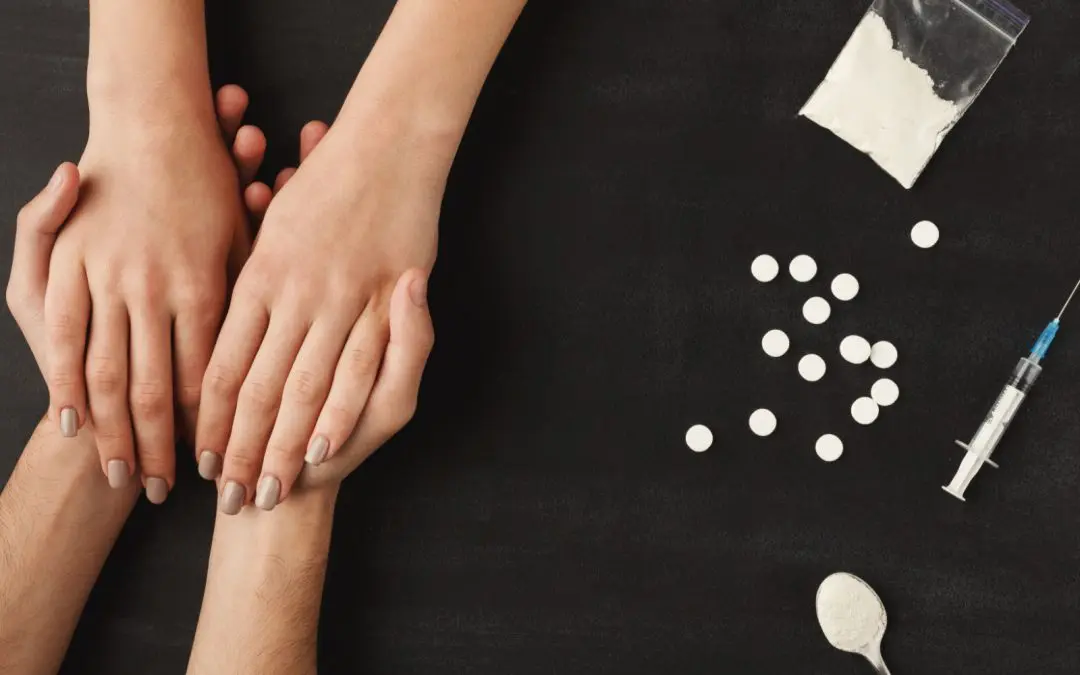24/7 Helpline:
(866) 899-111424/7 Helpline:
(866) 899-1114
Learn more about PTSD Treatment centers in Honea Path

Other Insurance Options

UMR

Sliding scale payment assistance

Oxford

Magellan Health

Absolute Total Care

Regence

Optima

State Farm

MVP Healthcare

Choice Care Network

EmblemHealth

Health Choice

BlueCross

Premera

BlueShield

Aetna

AllWell

Carleon

Optum

Sutter













